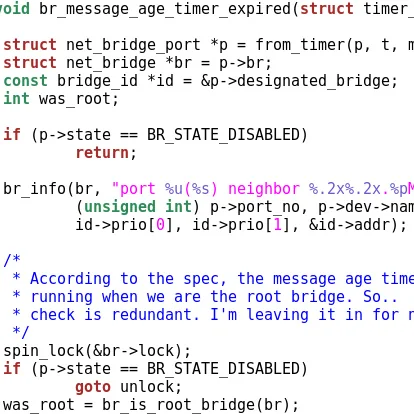Servo Browser Engine Enables New Default UI, Improves Crash Error Page, Replaces OpenSSL

Servo continues to be developed as "The embeddable, independent, memory-safe, modular, parallel web rendering engine." While it's still a shame it never got to see the limelight at Mozilla, under the stewardship at the Linux Foundation Europe it's been advancing and seeing an uptick in activity this year. Some of the late summer changes to Servo include:
- Servo is now using Rustls rather than OpenSSL.
- The experimental WebGPU support was updated. Their WebGPU support is still "very much experimental" but passing more than 5,000 test cases with a few WebGPU demos also now able to run.
- Support for building on 32-bit ARM in addition to 64-bit ARM.
- Restoring support for CSS floats and "white-space: nowrap" CSS.
- An improved crash error page. Their new crash error page shows the panic message and a stack trace. Here's the example shown by the Servo project:
- Servo's new browser UI is enabled by default. This Servo example browser code "minibrowser" adds a location bar. Yes, it remains quite basic at this point. Here's the example shown by the Servo project:
More details on these Servo browser engine advancements via the Servo.org blog.
28 Comments

